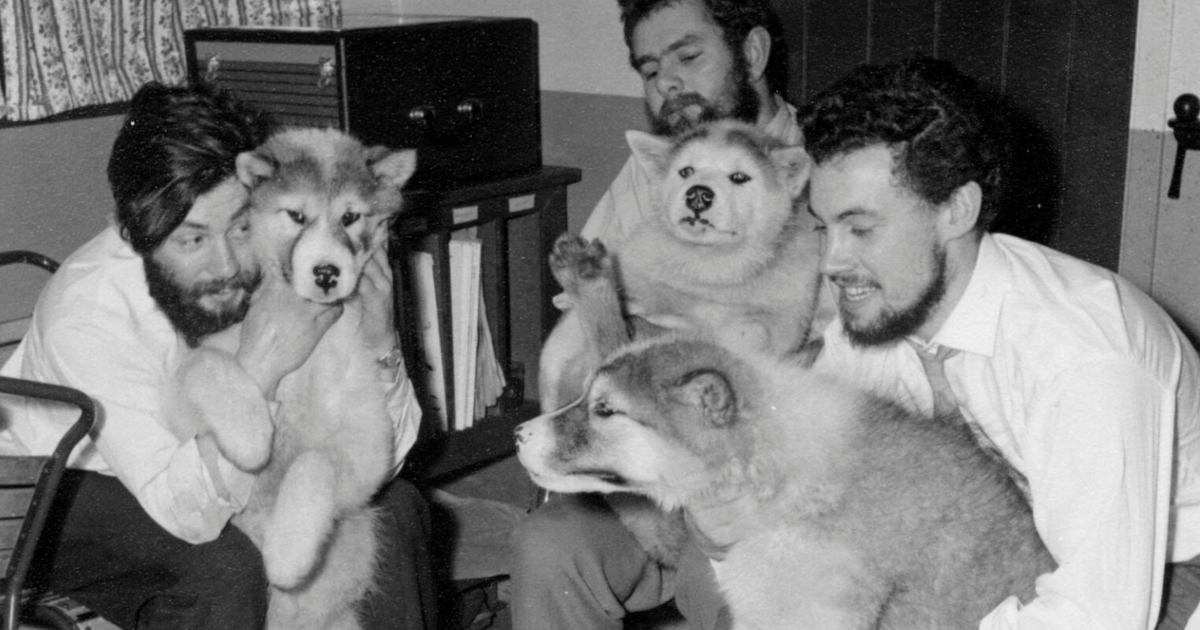British Researcher's Remains Identified 66 Years After Antarctic Disappearance
The remains of British researcher Dennis Bell, who disappeared in Antarctica in 1959 after falling into a crevasse, were identified 66 years later via DNA from a melting glacier.
Subscribe to unlock this story
We really don't like cutting you off, but you've reached your monthly limit. At just $5/month, subscriptions are how we keep this project going. Start your free 7-day trial today!
Get StartedHave an account? Sign in
Overview
- British researcher Dennis Bell disappeared in Antarctica in 1959 while working for the Falkland Islands Dependencies Survey, tragically falling into a crevasse during his expedition.
- His remains, along with personal items like ski poles, a pipe, and a watch, were discovered 66 years later in a melting glacier, providing crucial clues to his fate.
- DNA analysis played a pivotal role in confirming the identity of the remains, matching samples provided by Dennis Bell's surviving siblings to ensure accurate identification.
- The discovery brought a sense of closure and amazement to Dennis Bell's family, including his brother David Bell, who expressed shock after 66 years.
- This identification highlights the enduring mysteries of polar exploration and the impact of climate change on preserving or revealing historical events in remote regions.
Report issue

Read both sides in 5 minutes each day
Analysis
Center-leaning sources cover the discovery of Dennis Bell's remains neutrally, focusing on factual reporting. They present the details of his disappearance and discovery without loaded language, attributing emotional responses directly to family members. The inclusion of broader context on melting glaciers is presented factually, demonstrating balanced and objective reporting.
Articles (3)
Center (1)
FAQ
Dennis Bell was a British researcher and meteorologist working for the Falkland Islands Dependencies Survey in 1959 at Admiralty Bay on King George Island, Antarctica. He was involved in survey and geological work during his two-year assignment.
While ascending a glacier with colleagues and dog sleds, Dennis Bell went ahead to encourage tired dogs but was not wearing skis. He fell into a hidden crevasse caused by soft snow covering it. His colleague Jeff Stokes attempted to rescue him by lowering a rope, but the rope tied to Bell broke when he reached the lip of the crevasse, causing him to fall again and eventually leading to his disappearance.
Dennis Bell's remains were discovered in 2025 near a receding glacier on King George Island by a Polish expedition. Over 200 personal items were found alongside the remains. The identification was confirmed by DNA analysis, matching samples from Bell's surviving siblings to ensure accuracy.
The discovery brings closure to a decades-long mystery about Bell's fate and highlights the risks faced by polar explorers. It also illustrates how climate change, through melting glaciers, can reveal historical artifacts and remains long buried under ice, thereby impacting our understanding of polar exploration history.
The Polish expedition found over 200 personal items with Dennis Bell's remains, including radio equipment, a flashlight, ski poles, an inscribed Erguel wristwatch, a Swedish Mora knife, and an ebonite pipe stem.
History
- This story does not have any previous versions.


